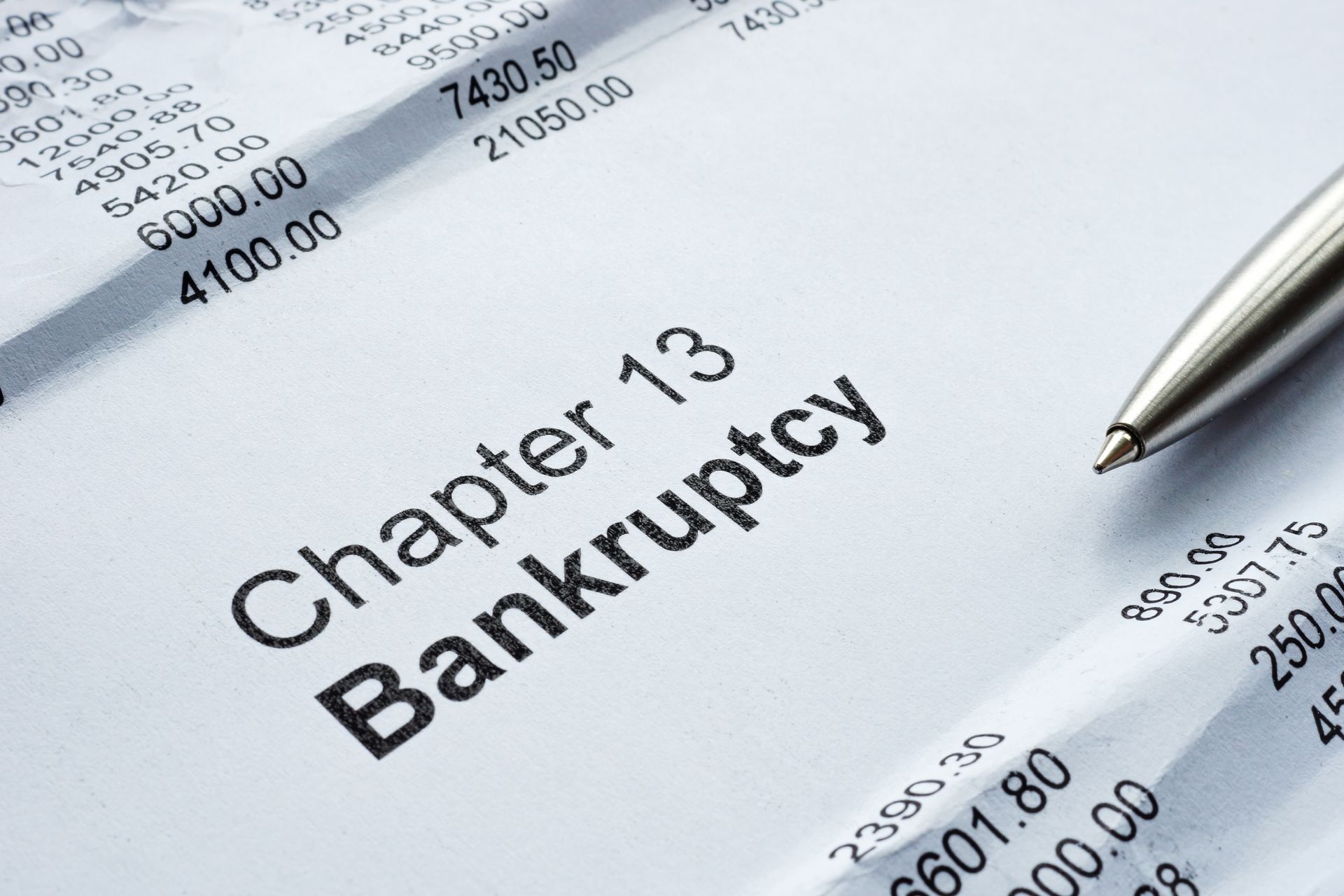Is a Merchant Cash Advance a Loan? Understanding MCAs & Legal Protections
Is a Merchant Cash Advance a Loan?

If you’re looking for fast business funding, you may have come across merchant cash advances (MCAs). But many business owners ask: Is a merchant cash advance a loan?
The answer is no—an MCA is not a traditional loan. Instead, it is a cash advance based on future sales, typically repaid through daily or weekly deductions from revenue.
While MCAs provide quick capital, they come with high fees, aggressive repayment terms, and potential legal risks. If you already have an MCA and need legal help, this guide will explain:
- How MCAs work and how they differ from loans
- The risks of merchant cash advances
- Legal options if you’re struggling with MCA debt
- How an MCA defense attorney can protect your business
Is a Merchant Cash Advance a Loan?
A merchant cash advance is not a loan—it is a lump sum of money given to a business in exchange for a percentage of future sales. Unlike loans with fixed monthly payments, MCA repayments fluctuate based on revenue.
- Quick funding (within 24–48 hours)
- No collateral required
- Repayment based on sales, not a fixed schedule
However, MCAs are often more expensive than traditional loans and can trap businesses in a cycle of debt.
How Does a Merchant Cash Advance Work?
Step 1: Receive a Lump Sum Advance
A business receives upfront cash in exchange for a portion of future revenue.
Step 2: Daily or Weekly Repayments Begin
Repayment happens in one of two ways:
- A percentage of daily credit card sales
- Fixed daily/weekly ACH withdrawals from a bank account
Step 3: Paying the Factor Rate
MCAs use a factor rate (e.g., 1.2–1.5) instead of interest.
Example: If you borrow $50,000 at a 1.4 factor rate, you must repay $70,000, typically within a few months.
🚨 Warning: Many MCA agreements include hidden fees, aggressive collection tactics, and Confession of Judgment (COJ) clauses, allowing lenders to seize assets without a court hearing.
How Is an MCA Different from a Business Loan?
| Feature | Merchant Cash Advance (MCA) | Business Loan |
|---|---|---|
| Legal Definition | A cash advance on future sales | A loan with fixed interest |
| Repayment | Daily/weekly deductions from revenue | Fixed monthly payments |
| Interest Rate | Uses factor rates (1.2–1.5), APR can be 100%+ | Typically 5–30% APR |
| Approval Time | Fast (24–48 hours) | Slower (1–4 weeks) |
| Credit Score Requirement | Low (based on revenue, not credit) | High (usually 650+ required) |
| Collateral | Not required | May be required for larger loans |
| Impact on Cash Flow | High (daily withdrawals can drain funds) | Lower (predictable monthly payments) |
Verdict: An MCA is not a traditional loan—it is a high-cost advance that can create serious financial challenges for businesses.
The Risks of Merchant Cash Advances
While MCAs offer quick access to capital, they come with significant risks:
- Excessive Costs – MCA factor rates can equate to an APR of 100%–350%, making them one of the most expensive forms of business financing.
- Daily/Weekly Withdrawals Hurt Cash Flow – Unlike traditional loans with predictable payments, MCA deductions can drain revenue quickly.
- Confession of Judgment (COJ) Clauses – Many MCA contracts allow lenders to freeze bank accounts or seize assets without notice.
- Debt Cycle Risk – Many businesses take out multiple MCAs to cover previous ones, leading to financial distress.
📌 Tip: If you’re considering an MCA, read the contract carefully or consult a business attorney to avoid predatory terms.
Already Have an MCA Loan? How an MCA Defense Attorney Can Help
Many businesses struggle with MCA repayment and face legal threats from aggressive lenders. If you have an MCA loan and need legal protection, an MCA defense attorney can help in the following ways:
1. Challenging Confession of Judgment (COJ) Clauses
Many MCA contracts contain a COJ clause, allowing lenders to:
- Seize assets or freeze bank accounts without warning
- File judgments against you in a different state
- Bypass normal court proceedings
Legal Defense: An MCA attorney can challenge COJs and argue that they are unenforceable or illegal in certain states.
2. Negotiating MCA Debt Settlement
If you’re struggling to make MCA payments, an attorney can:
- Negotiate a lower settlement amount
- Reduce daily/weekly repayment amounts
- Modify the repayment structure to avoid cash flow strain
Example: A business owner with $75,000 in MCA debt negotiated a settlement for $40,000, avoiding a lawsuit and saving their business.
3. Defending Against MCA Lawsuits & Asset Seizures
Many MCA lenders file lawsuits against business owners when payments stop. If you’ve received:
- A lawsuit notice
- A frozen bank account
- Threats of wage garnishment
Act fast! An MCA attorney can challenge the lawsuit, negotiate a resolution, or seek court protection.
4. Fighting Predatory MCA Lending Practices
Many MCA lenders engage in deceptive tactics, including:
- Misleading repayment terms
- Hidden fees and inflated costs
- Stacking multiple MCAs on borrowers
Legal Action: If an MCA contract is fraudulent or violates lending laws, an attorney may be able to void or modify the agreement.
How to Find the Best MCA Defense Attorney
When looking for an MCA lawyer near you, consider:
✔ Experience in MCA defense and business debt litigation
✔ A strong track record of successful case resolutions
✔ The ability to negotiate fair settlements or fight in court
At J. Singer Law Group, we have successfully defended business owners against unfair MCA agreements, lawsuits, and aggressive collections.
📞 Need help with an MCA loan? Contact us today for a free consultation!
Conclusion
A merchant cash advance is not a loan—it’s a high-risk cash advance with aggressive repayment terms that can jeopardize business stability. While MCAs provide fast funding, they often lead to financial strain, legal challenges, and debt cycles.
If you’re struggling with MCA debt, an MCA defense attorney can help negotiate settlements, fight lawsuits, and challenge unfair lending practices.
📞 J. Singer Law Group specializes in MCA defense—contact us today to protect your business!
FAQs
1. Is a merchant cash advance considered a loan?
No. An MCA is an advance on future sales, not a traditional loan.
2. How expensive is an MCA?
MCAs use factor rates (1.2–1.5), which can result in APRs of 100%–350%, making them far more expensive than standard loans.
3. Can an MCA lender take legal action against me?
Yes. MCA lenders frequently sue businesses, freeze bank accounts, and seize assets—especially if the contract includes a Confession of Judgment.
4. Can I get out of an MCA contract?
Yes! An attorney can negotiate settlements, challenge predatory terms, or seek to void the contract if fraud is involved.
5. Where can I find an MCA defense attorney?
Contact J. Singer Law Group for expert MCA legal defense and debt relief strategies.











